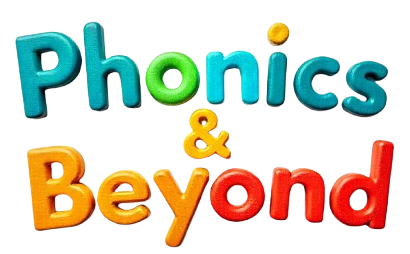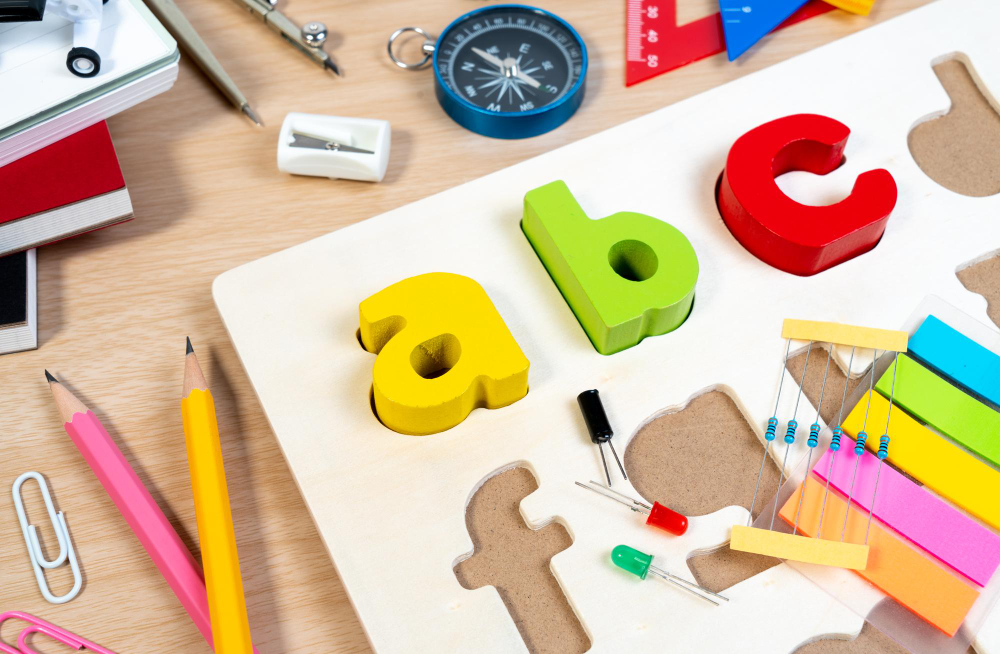Reading is an essential life skill, and learning to read begins with phonics. Phonics is a systematic approach to teaching children how to decode words by sounds, which serves as the foundation for reading and spelling. In this article, we’ll explore how phonics can help your child develop into a confident reader and why it’s crucial for literacy development.
Understanding Phonics
Phonics is based on the relationship between sounds (phonemes) and their corresponding letters or letter combinations (graphemes). By understanding how sounds connect to letters, children can start sounding out words, which helps them read more fluently. Phonics instruction teaches children to break words down into manageable chunks, making reading less intimidating and more enjoyable.
The Role of Phonics in Early Literacy Development
At a young age, children are like sponges, soaking up information about the world around them. Phonics provides them with the tools they need to make sense of written language. Through consistent phonics practice, children start recognizing letter sounds, blending them together, and eventually reading words and sentences. Early phonics skills help children understand the structure of language and the rules of spelling.
Phonics and Reading Comprehension
Phonics is directly linked to reading comprehension. When children can read words confidently, they can focus on understanding the meaning behind them. Phonics mastery enables them to decode unfamiliar words, improving their ability to read and comprehend more complex texts. Without phonics, children may struggle to read, affecting their ability to understand stories, instructions, and lessons in the classroom.
How Phonics Builds Confidence
One of the biggest benefits of phonics is the boost in confidence it provides. When children are able to decode words and read independently, they feel more empowered and motivated to read further. As their phonics skills improve, they are able to tackle more challenging texts, which encourages a love for reading that lasts a lifetime.
Conclusion
Phonics is an essential part of early literacy that supports reading, writing, and spelling. By teaching children phonics, we’re setting them up for success in school and beyond. If your child is just starting their reading journey or needs a bit more practice, phonics lessons can help them build the necessary skills for a lifetime of reading enjoyment.



